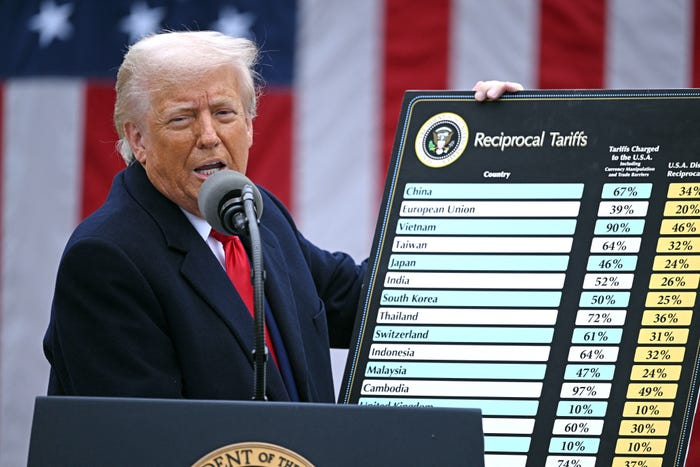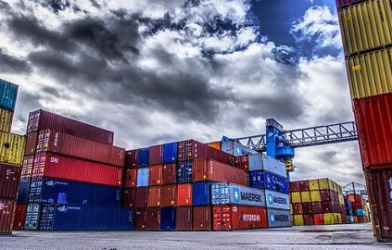The Government of Ghana has assured its private sector of swift action following the United States’ imposition of a 10% universal tariff on imports, including Ghanaian products, effective April 5, 2025.
This move ends Ghana’s duty-free access under the African Growth and Opportunity Act (AGOA), posing significant challenges for exporters of key goods such as apparel, cocoa derivatives, gold jewelry, and shea butter.
The tariffs, announced by the U.S. on April 2, 2025, are part of broader measures under the International Emergency Economic Powers Act (IEEPA) to address trade deficits and national security concerns. Goods already in transit before April 5 are exempt, while reciprocal tariffs ranging from 11% to 50% will take effect on April 9 for over 50 countries.
Notably, certain products—including copper, pharmaceuticals, and critical minerals—are exempt from the tariffs, but Ghana’s priority exports are not among them.
Ghana’s Ministry of Trade, Agribusiness & Industry is collaborating with stakeholders to assess the economic impact and develop mitigation strategies. Ministers of Trade, Finance, and Foreign Affairs will meet the U.S. Ambassador to Ghana on April 7 to seek clarity on exemptions and advocate for Ghana’s trade interests. The government emphasized its commitment to minimizing disruptions for exporters and ensuring predictability for investors.
The sudden tariff imposition risks destabilizing Ghana’s export-driven sectors, particularly small-scale producers of shea butter, horticultural products, and cashew nuts. Analysts warn that increased costs could erode Ghana’s competitiveness in the U.S. market, which accounts for a significant share of non-traditional exports under AGOA.
Exporters have expressed alarm over the tariffs, citing potential job losses and reduced revenue. The Ghana National Chamber of Commerce called for urgent government support, including subsidies or tax relief, to help businesses adapt.
Meanwhile, trade experts urge the U.S. to reconsider the tariffs for AGOA beneficiaries, arguing that the move contradicts long-standing efforts to strengthen African economic development.
The government has pledged to keep stakeholders informed and prioritize protective measures to safeguard Ghana’s trade interests. Further updates will follow the April 7 diplomatic engagement.
The Ministry plans to explore alternative markets and accelerate regional trade partnerships under the African Continental Free Trade Area (AfCFTA) to cushion the blow.
Statement Below:










